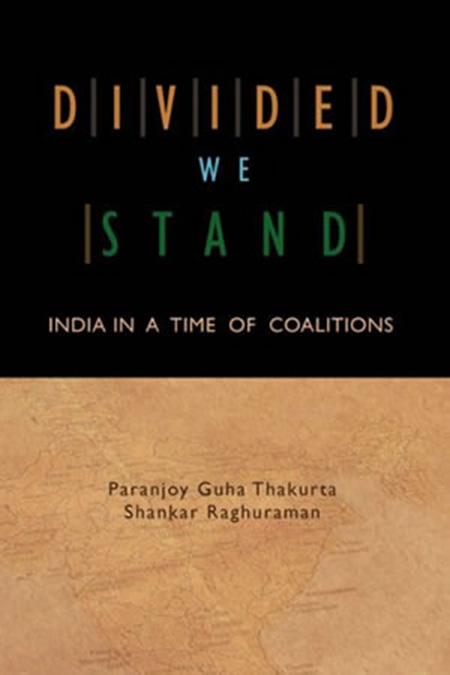The first budget of the newly-elected Indian Prime Minister Narendra Modi's government seeks to raise revenues by divesting shares of government-owned enterprises and has raised limits on foreign investment in companies providing insurance services and electronic commerce, as well as those engaged in manufacturing defence equipment.
While the budget presented on Thursday by Finance Minister Arun Jaitley, who is holding this portfolio for the first time, did not contain any big-bang proposals or announcements, it sought to further the economic agenda of the Hindu nationalist Bharatiya Janata Party (BJP) by offering a slew of small sops for industry and trade.
For the first time in three decades, a political party in India was able to obtain a majority of seats in the lower house of parliament in India when the BJP government was elected to power in May.
The budget clearly indicates that the overall thrust and tenor of the current government's economic policies and programmes are not very different from the market-friendly agenda followed by the previous government in Delhi, led by the Congress party.
While the budget has not substantially expanded the welfare schemes that had been put in place by the earlier coalition government which was in power for a decade, including programmes to provide work in rural areas and ensuring food security, this budget has sought to ease procedures for doing business in India.
Among other things, the budget has attempted to clarify doubts on transfer pricing regulations, which were a source of tax disputes and litigation, and the definition of capital assets.
Contentious issue
Indices in India's stock markets, which are driven by the purchase and sale decisions of foreign institutional investors, were initially muted, then perked up before collapsing.
On the contentious issue of taxing capital gains arising out of indirect transfers of assets through transactions in tax havens, the budget announced that a committee would be set up to scrutinise such cases in the future.
The biggest and most controversial case of this kind relates to a tax demand of roughly $3bn (£1.75bn) by the income tax department on British telecoms multinational Vodafone.
In 2012, the Indian government amended the tax laws with retrospective effect to overturn a judgement of the Supreme Court favouring Vodafone.
Mr Jaitley's budget speech implied that the Vodafone case would be decided in appropriate legal forums.
The finance minister acknowledged that there were two huge areas of uncertainty that could potentially send his budget arithmetic completely awry.
The first is the uncertain monsoon that could adversely affect agricultural production, thereby increasing the prices of food products, since only 40% of the total cropped area in India has assured irrigation facilities.
The second area of uncertainty relates to international prices of crude oil, which are expected to rise on account of the ongoing unrest in the Middle East.
The Indian economy is particularly vulnerable in this regard as the country currently imports more than 80% of its total requirements of crude oil, roughly a third of it from countries in the Gulf region.
Mr Jaitley has sought to earn a few brownie points by lowering the effective rates of tax applicable to the personal incomes of those belonging to the middle classes. However, this move will benefit only a small section (around 3%) of India's 1.2 billion population that pays personal income tax.
The budget contains little for the vast majority of the country's people, whose real incomes have been sharply eroded in recent years on account of persistently high inflation.
The finance minister hopes to keep the fiscal deficit under control by raising taxes on sinful products - including cigarettes and aerated soft drinks - and divesting shares of public sector companies.
What is not certain is whether the proposals announced in the budget would revive investments, spur growth and also create employment opportunities.
Over the last two years, the Indian economy has grown by less than 5%, whereas it had grown by over 9% during three years between 2006 and 2008.
The Modi government has raised expectations to very high levels, which will not be easy to fulfil.
Mr Jaitley's budget has provided small sops to various sections of Indian society.
But by spreading the happiness thinly, instead of pleasing everybody, he may end up pleasing nobody, or very few


